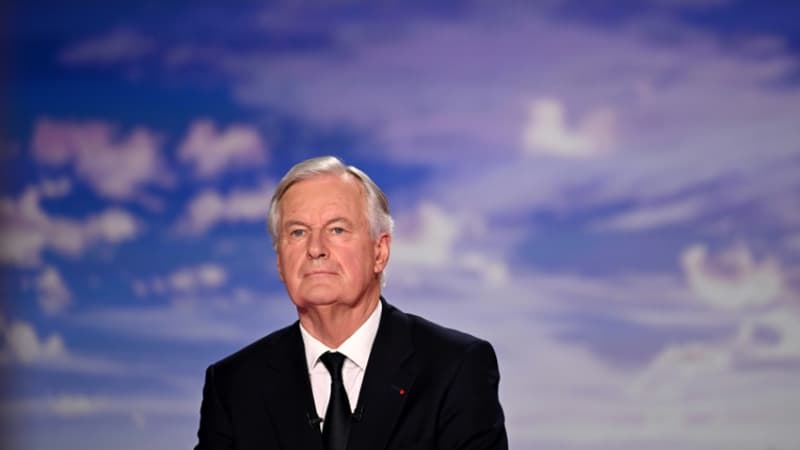The return of the notion of super-profits? This Sunday, September 22, Prime Minister Michel Barnier paved the way for a new form of taxation. He is targeting “the most fortunate people”, but also multinationals, as he said on France 2.
Those who had already mentioned the need for “fiscal justice” intend to involve these two groups in supporting a “national effort.” All this in a context of falling public finances, with a public deficit expected to be around 6% in 2024.
“I do not want to aggravate the double ecological and financial debt, so we must make a collective effort to control spending, this can be done, in particular, with specific taxes on the rich or certain large companies,” he said.
Towards the return of the FSI?
To compensate for this gap in the state budget, the Prime Minister, however, refused to raise taxes on the “middle class”.
“I am not going to increase taxes any further for all French people who already pay the most taxes of all their European partners,” Michel Barnier declared on France 2, “not for the most modest people, not for the working people, not for the middle class.”
Will the government opt for the return of the Solidarity Tax on Property (ISF), abolished during Emmanuel Macron’s first five-year term, in favour of a tax on real estate assets? Questioned on this point, the head of government did not respond.
More generally, Michel Barnier expressed concern about a possible loss of market confidence in France: “A large part of our debt is issued on international, external markets, we must maintain France’s credibility,” he insisted, while the new government must quickly present a new budget, probably on October 9.
Source: BFM TV


